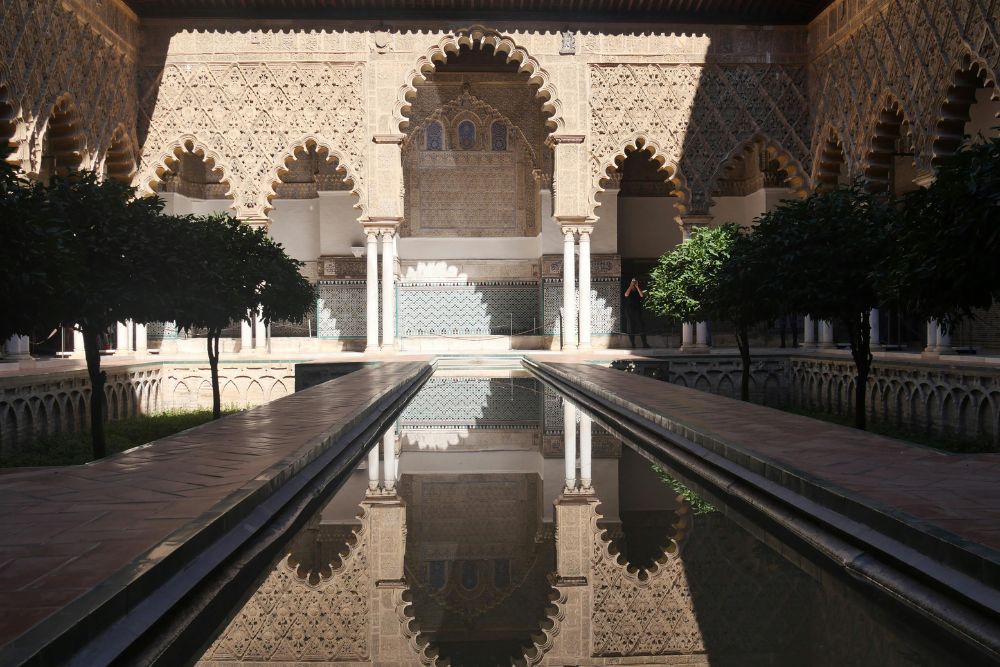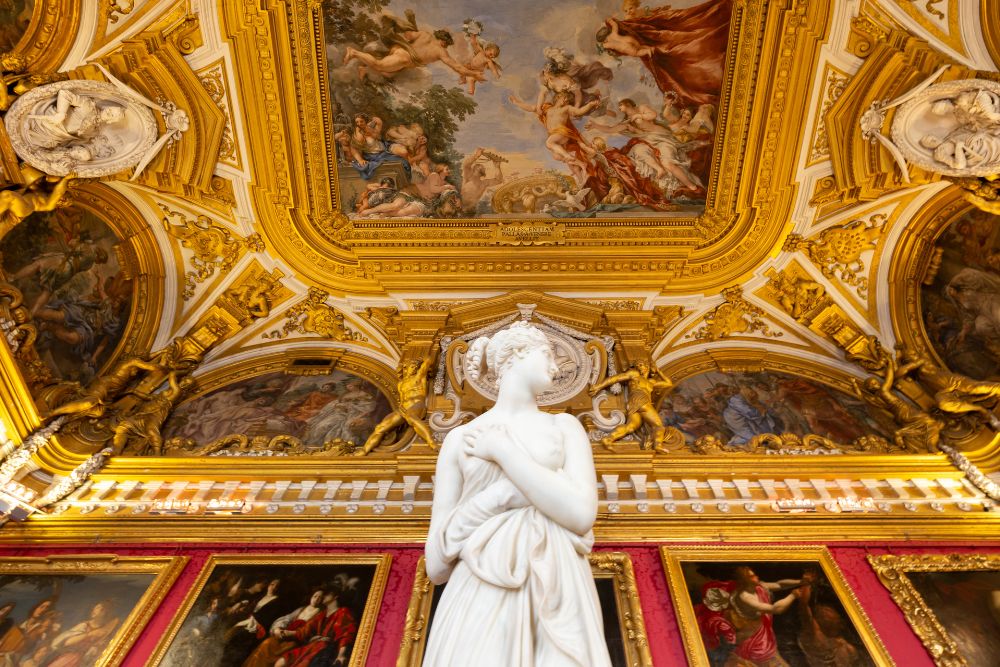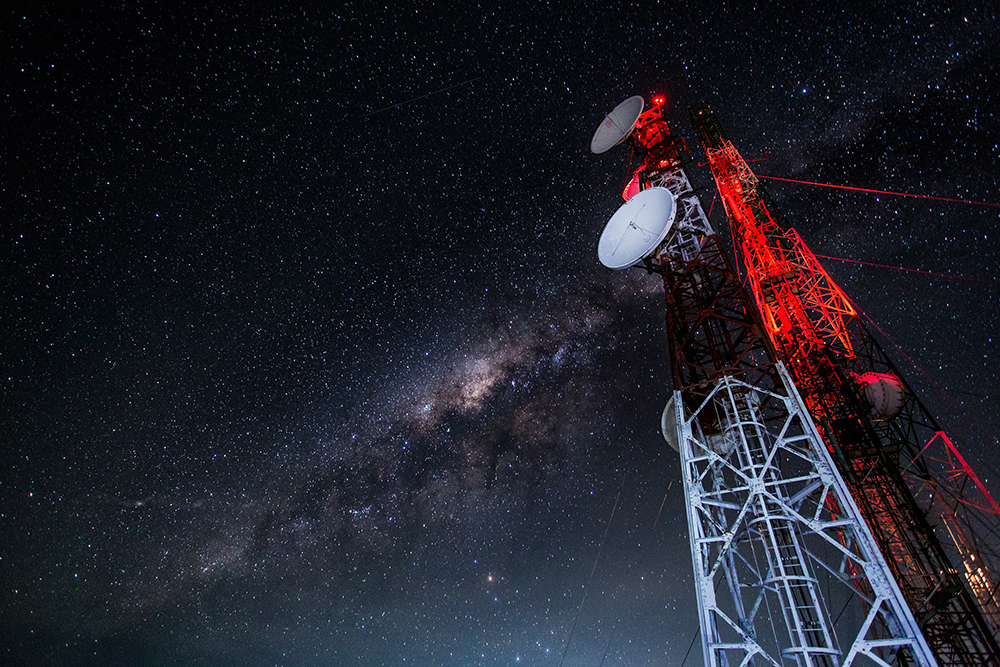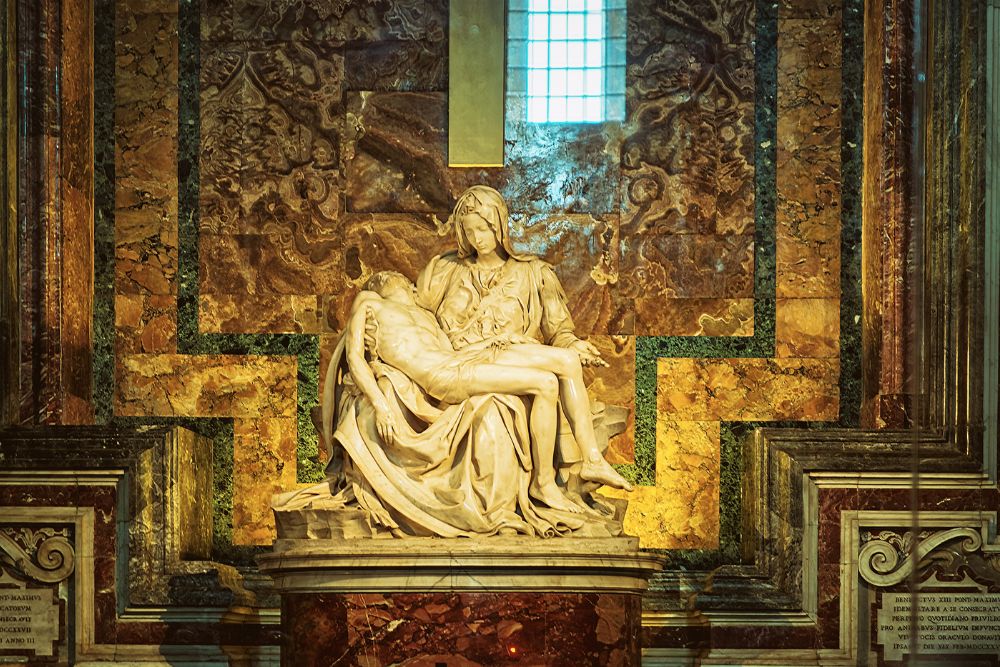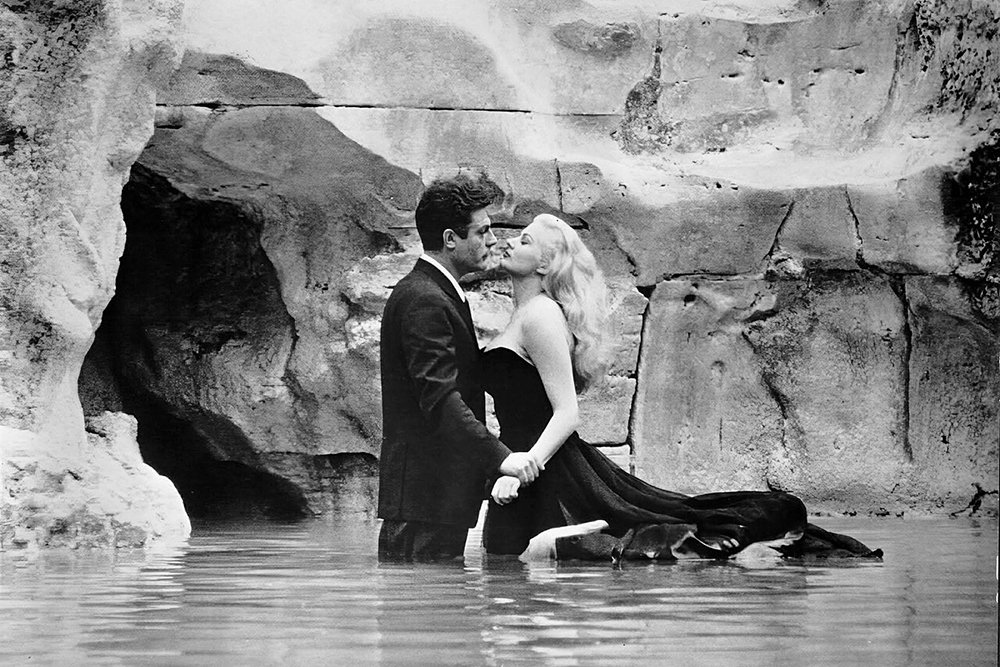
Life Is Beautiful
Life Is Beautiful is one of the most celebrated Italian films of the late twentieth century, directed by and starring Roberto Benigni. Released in 1997, the film combines romance, comedy, and tragedy to create a deeply moving story that continues to resonate across cultures. Its powerful mix of humor and sorrow gave audiences worldwide a fresh perspective on hope in the face of unimaginable adversity.
The film tells the story of Guido, a charismatic and optimistic man who falls in love with Dora, a schoolteacher from a wealthy family. Despite the obstacles of social status and her arranged engagement, Guido wins Dora’s heart through persistence and charm. Their love story forms the basis of the film’s first half, filled with laughter and lightness before the narrative shifts dramatically into the darkness of World War II.
Plot summary and structure
The film begins in Italy in the 1930s, capturing Guido’s playful and spirited personality as he pursues Dora. Their eventual marriage and the birth of their son Giosuè bring a sense of joy and fulfillment. However, this happiness is soon threatened by the spread of fascism and the rise of anti-Semitic laws. Guido’s Jewish heritage places his entire family in danger as they are deported to a concentration camp.
Once inside the camp, the tone shifts to one of quiet tragedy. Guido, determined to shield his young son from the horrors around them, convinces him that their internment is part of an elaborate game. He explains that the guards are referees, the rules are strict, and the ultimate prize is a real army tank. Through this deception, Guido preserves his child’s innocence and gives him the strength to endure.
Themes of love, hope, and sacrifice
The central theme of Life Is Beautiful is the triumph of love and hope over despair. Guido’s unwavering optimism, even in the face of certain death, demonstrates the power of human resilience. The film suggests that even when external freedom is lost, inner dignity and courage can still prevail. By transforming suffering into a story of imagination, Guido preserves the humanity of his family.
Sacrifice is another key theme. Guido repeatedly puts his own life at risk to maintain the illusion of the game for Giosuè. His actions highlight the unbreakable bond between parent and child. The closing scenes, in which Guido is executed after ensuring his son’s survival, underline the depth of his devotion and the lengths a parent will go to protect their child.
Performances and direction
Roberto Benigni’s performance as Guido is both comedic and tragic, blending physical humor with emotional depth. His ability to move from slapstick to heartfelt sincerity gives the film its unique balance. Benigni also co-wrote and directed the film, infusing it with his personal vision and distinctive energy. His portrayal earned him the Academy Award for Best Actor, making him the first actor to win for a performance in a foreign language film in decades.
Nicoletta Braschi, who plays Dora, delivers a graceful and poignant performance as the woman who chooses love over comfort and stands by her family even in the darkest times. Giorgio Cantarini, as young Giosuè, brings innocence and authenticity to the role, making the father-son relationship especially moving. The chemistry between the actors creates a believable and touching family dynamic.
Reception and international acclaim
Life Is Beautiful premiered at the Cannes Film Festival in 1998, where it received widespread acclaim and won the Grand Prix. Critics praised its bold blending of comedy and tragedy, although some debated whether humor was appropriate in depicting the Holocaust. Despite this controversy, the film touched audiences across the globe, becoming a box office success and earning multiple awards.
The film went on to win three Academy Awards in 1999, including Best Foreign Language Film, Best Actor for Benigni, and Best Original Dramatic Score. Its success marked a turning point for Italian cinema on the international stage, reintroducing the world to the emotional power and artistry of films from Italy. It remains one of the most successful foreign language films in history.
Cultural impact and legacy
The legacy of Life Is Beautiful lies in its ability to humanize history through storytelling. By presenting the Holocaust through the lens of a father’s love, it made an unimaginable tragedy accessible to audiences who might otherwise struggle to engage with its horrors. The film is now used in classrooms and cultural discussions as a way of exploring resilience, morality, and the human spirit.
Over two decades later, the film continues to inspire debate and reflection. Some critics argue that its humor risks diminishing the gravity of the Holocaust, while others view it as a bold artistic choice that underscores the endurance of hope. Regardless of perspective, Life Is Beautiful remains an unforgettable testament to the strength of love in the darkest times.
Conclusion
Life Is Beautiful is more than a film, it is a story that demonstrates the power of optimism, imagination, and sacrifice. Roberto Benigni crafted a narrative that transcends national borders and cultural divides, touching the hearts of millions. Its message continues to echo: even when life is at its most cruel, beauty can still be found in acts of love and courage.
As an Italian cinema classic, the film stands alongside the greatest works of world cinema. Its combination of romance, comedy, and tragedy ensures that Life Is Beautiful will be remembered as both a personal love story and a universal tale of resilience. For audiences today and in the future, it remains a shining example of how film can reflect the deepest truths of humanity.


